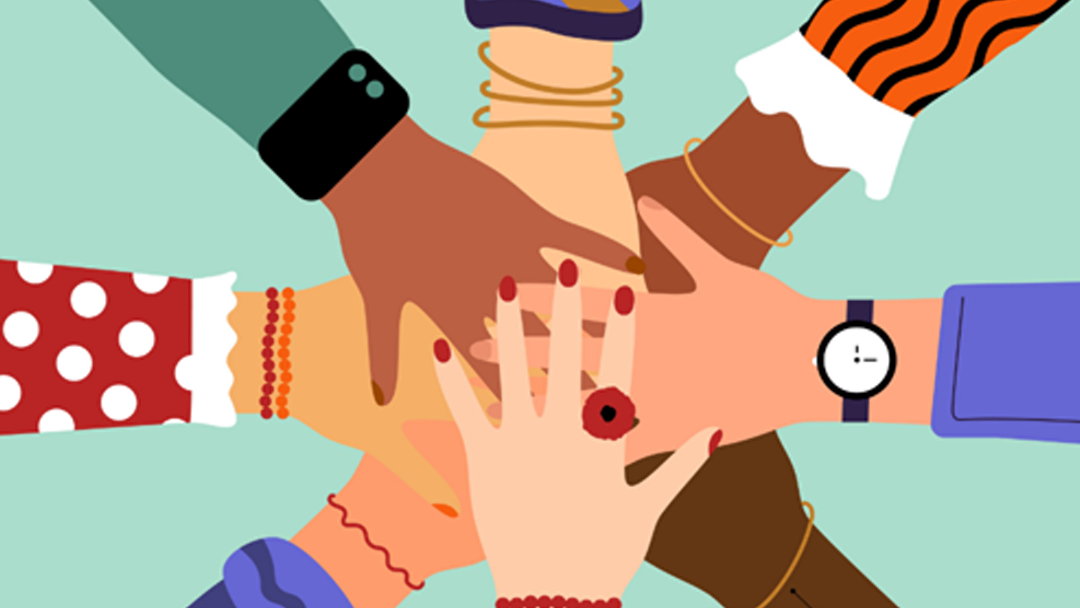An ally is a person who defends a person or group who has been singled out and discriminated against. As described by the Anti-oppression Network, allyship is an intentional, continuous, and exhausting process of unlearning and re-evaluating.
With this said, a recent poll done by Women In Tech forum at one of their virtual events gleaned some interesting insight into allyship.
The poll results were as follows:
-
74% said allyship would help advance their career
-
3% said that allyship is not important
-
24% said that it would help increase their sense of belonging
-
26% said it would amplify their achievements
-
61% said it would help give a voice at the table
-
13% said it would increase their happiness and well being
-
29% said it’s increase the likelihood of them staying with their employer
Before we look at some of the ways we might act as allies, we need to take a moment to consider how oppression is linked. Anti-Black racism is perpetuated by the same system of white supremacy that also supports anti-Indigenous racism, misogyny, Islamophobia and other kinds of oppression.
It might be challenging for many of us to know how to best support the BIPOC community without saying or doing the wrong thing. We must first understand that there is no one-size-fits-all approach to being an ally, and that what works for one person may not work for another. This is difficult work, and we must be adaptable, flexible, and willing to change as we learn and improve.
What is allyship?
According to the Oxford English Dictionary, allyship is “The state or condition of being or having an ally (in various senses) or the state or condition of being a person who supports the rights of a minority or marginalized group without being a member of it.”
Allyship is recognising the advantages, opportunities, resources and power you have access to and using this to advocate and personally support other marginalised groups to help them advance their career. It is the little moves you can actually make to have a major effect.
Education around Diversity and Inclusion
All too often Diversity and Inclusion is lumped together with all sorts of issues like gender balance and People of Colour. This doesn’t help define the nuances of each type of diversity quota. Nor does it help define and convey how serious diversity and inclusion is to most cutting edge organisations that want to progress.
Isabel Fox, who is a partner at Outsized Ventures recently launched a fellowship to attract more diverse people into venture. She says it’s been a great driver for attracting a diverse group of candidates.
You can’t force anyone to be an ally or feel a sense of duty towards it. However, to remove any unconscious bias we may harbour, unconscious bias training needs to be a part of the agenda at all levels of a committed organisation.
Advocating for change
Being an ally has to come from a place of courage, care and compassion. Unfortunately, there are many people out there who simply do not care about being an ally. But this does not have to be a loss. Those who deeply care will add to the value of your advocacy most.
Every organisation can do their bit to get involved and make an impact. Informal interventions like giving targeted advice, formal coaching and sponsorship can be a good starting point. On the recruitment side of things, it’s best practice to anonymise applications and remove personal indicators such as race, age, ethnicity and religious affiliation.
Conclusion
Practicing allyship will, at times, come with both relational and personal discomfort. We must commit to the work of confronting discrimination in all forms as we interact with those around us. We cannot be afraid to have difficult conversations with family, friends and acquaintances about problematic comments, jokes, and language. As we look outside our own immediate circles, we must also hold elected officials and institutions accountable for their words, policies and actions.

